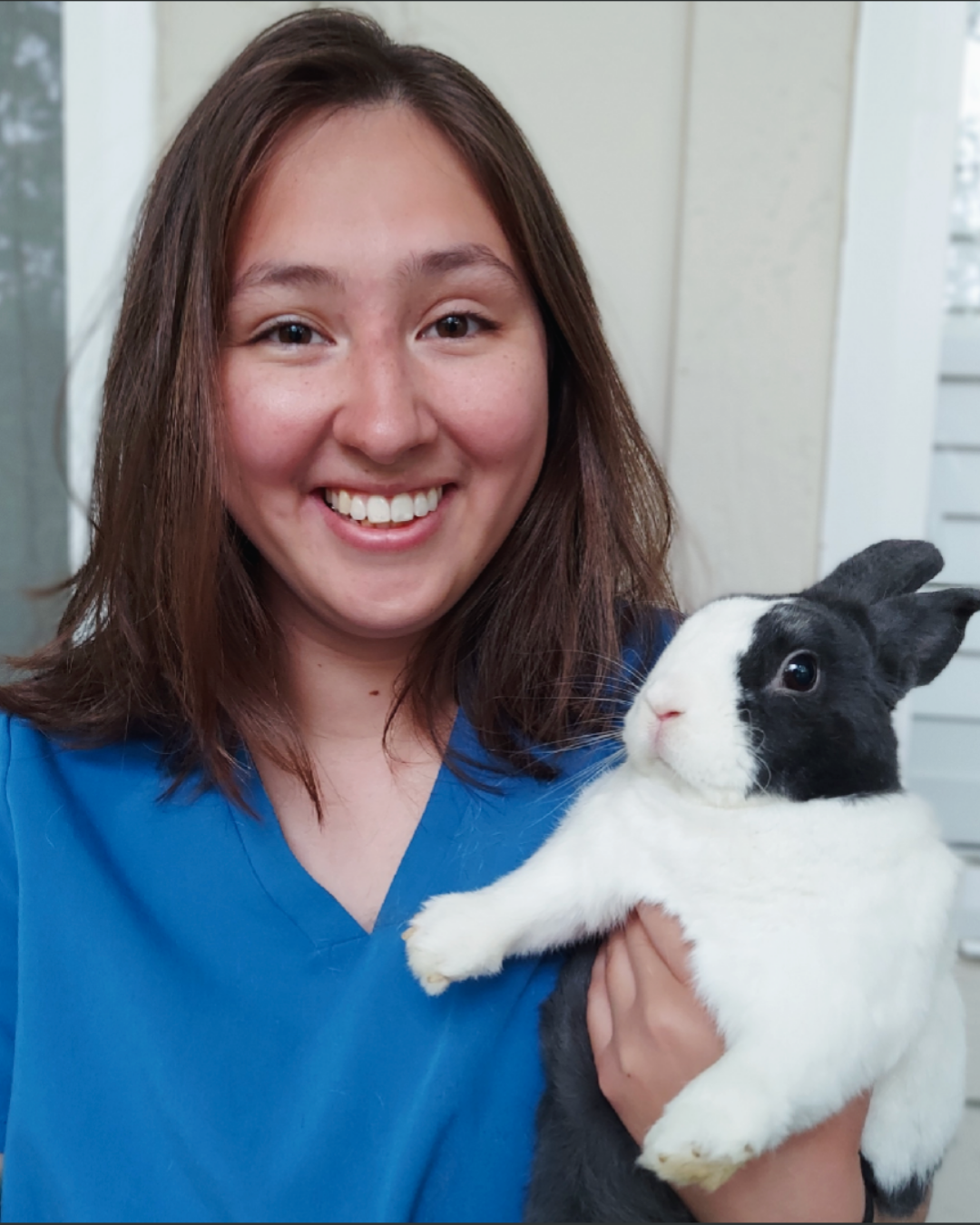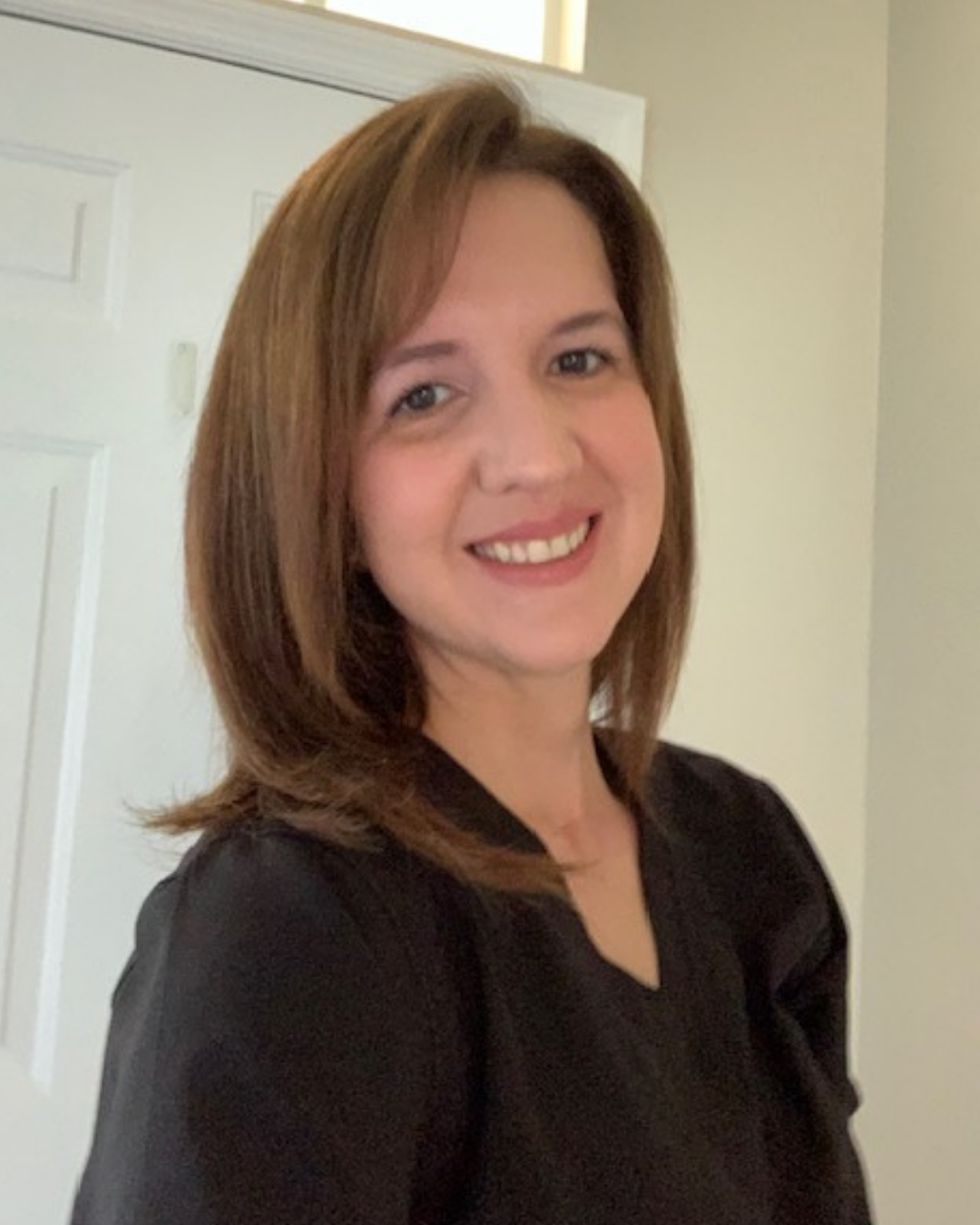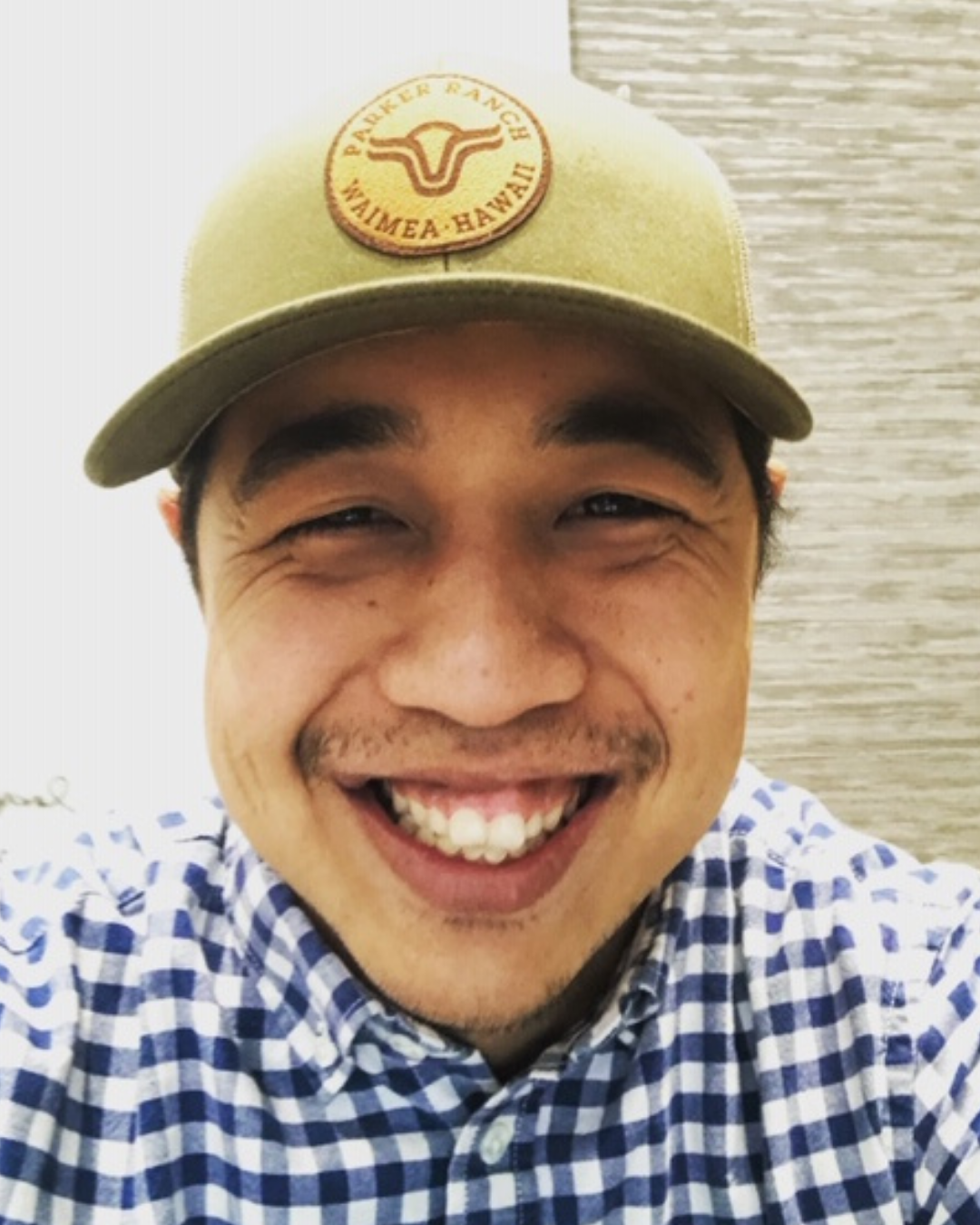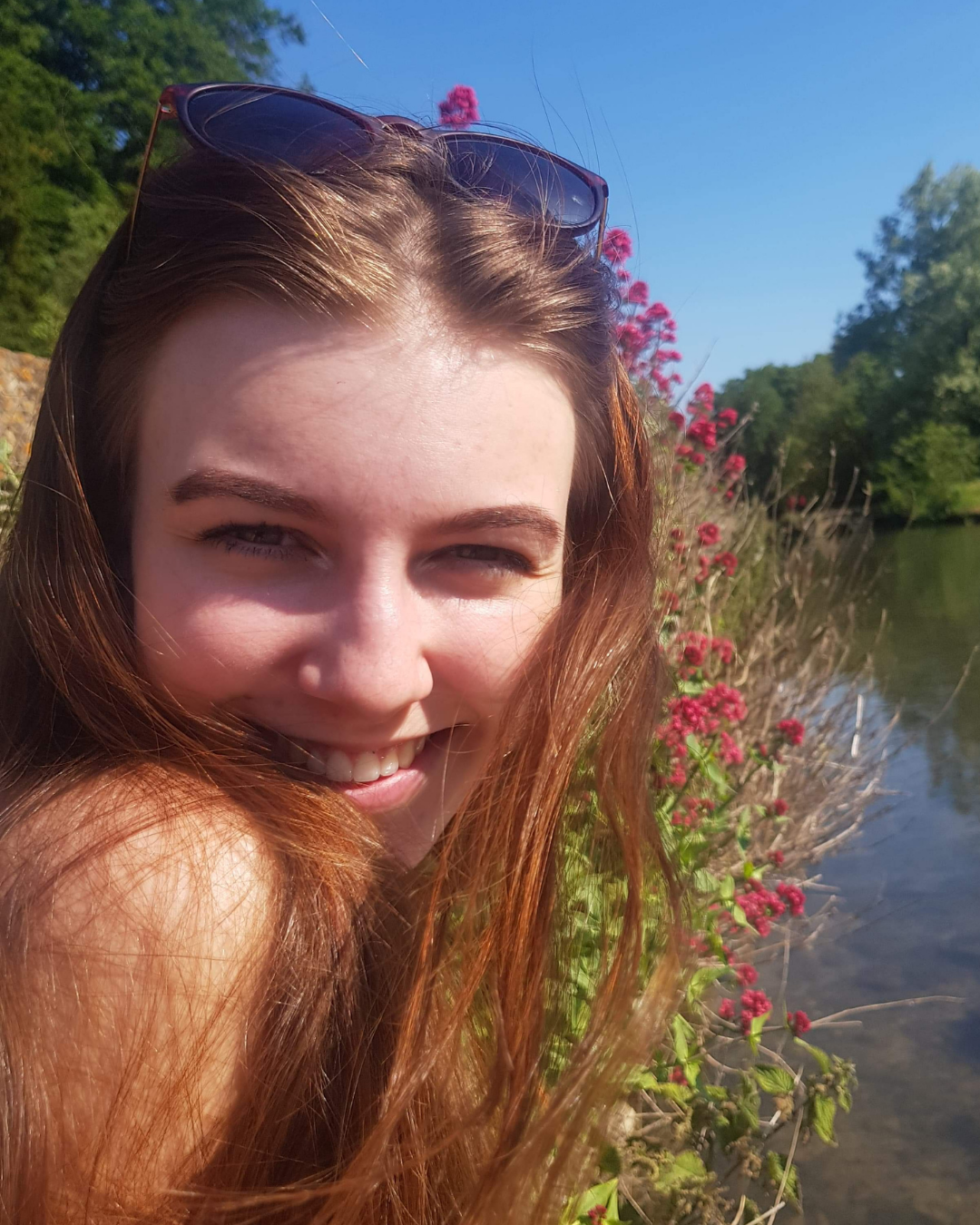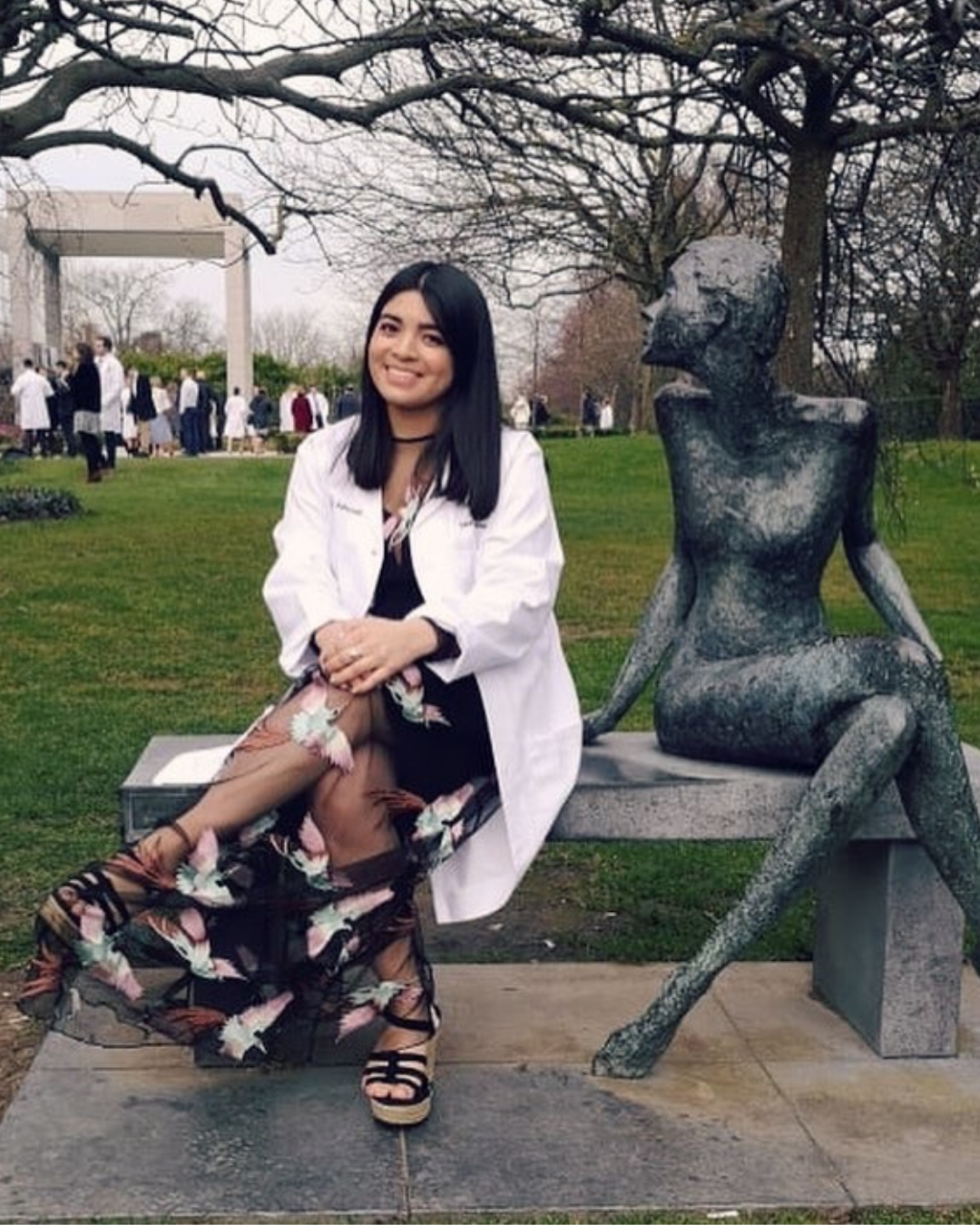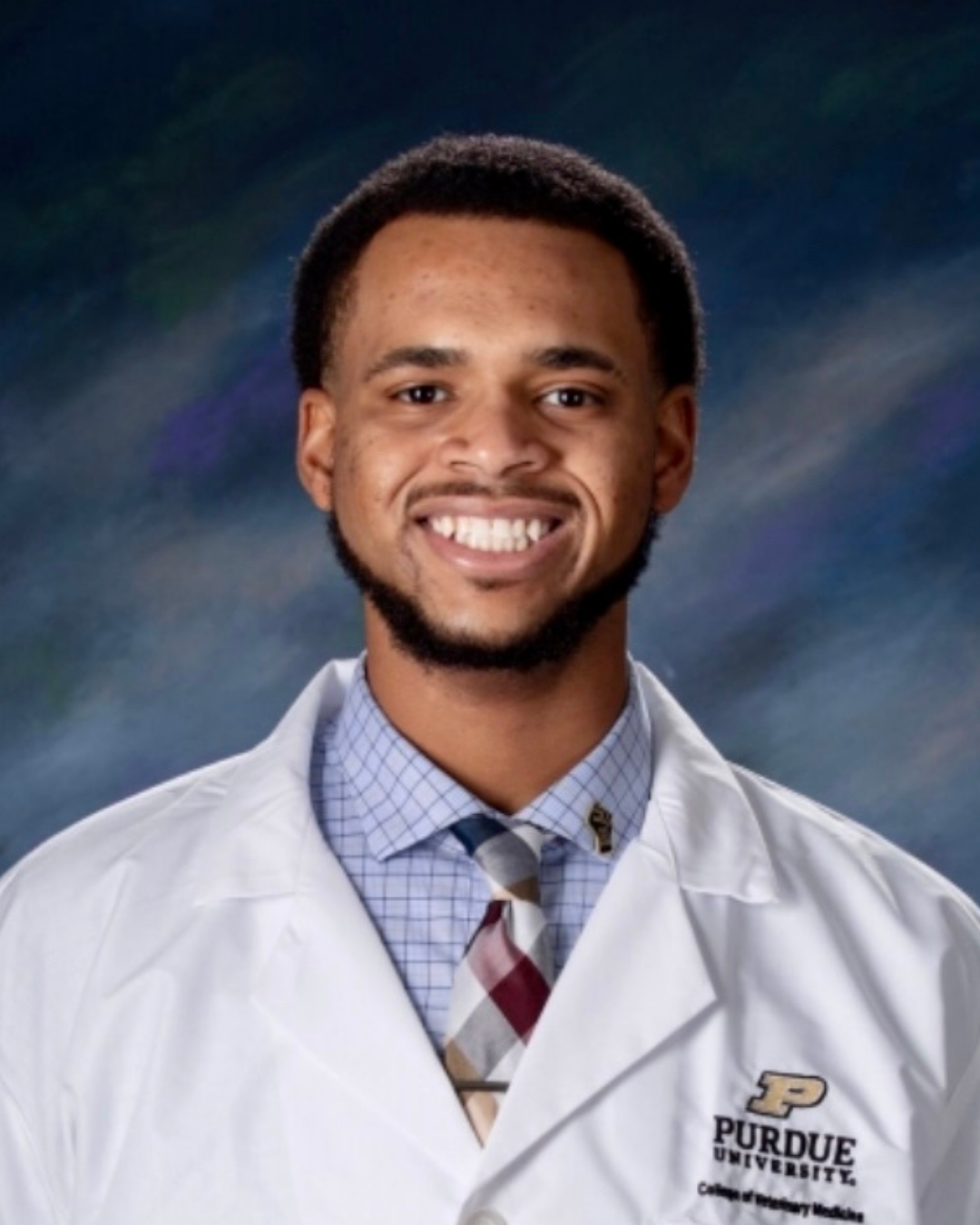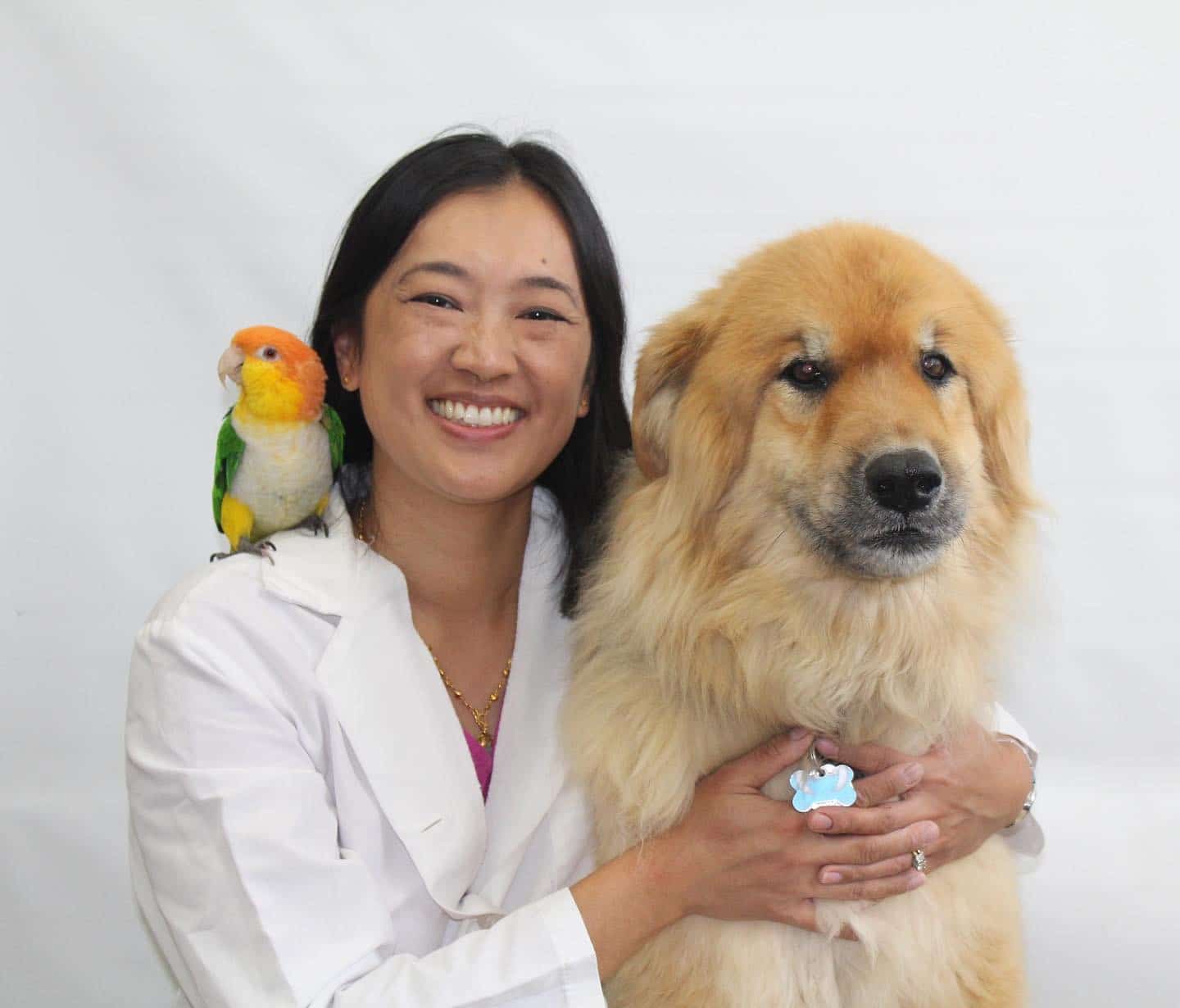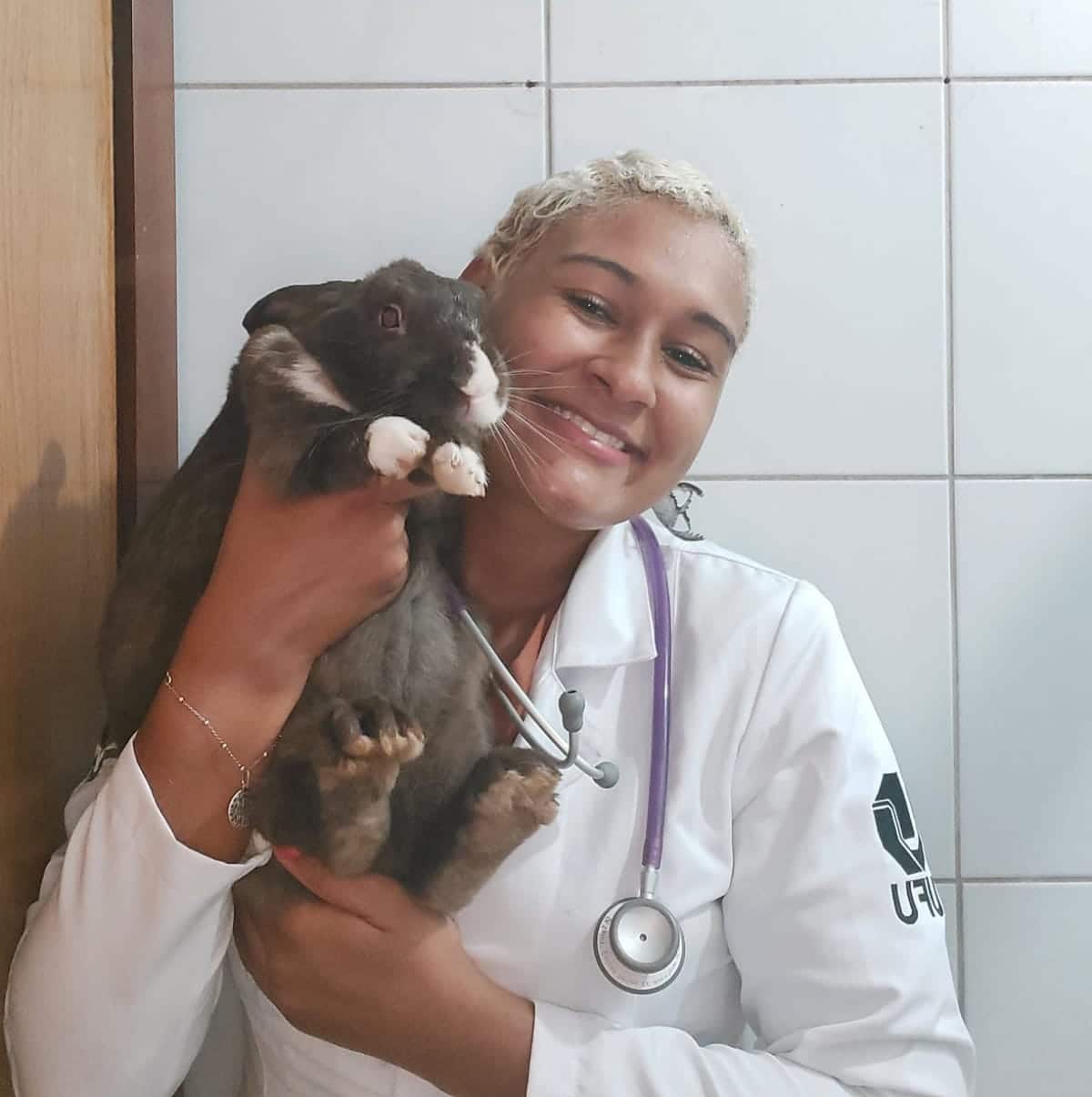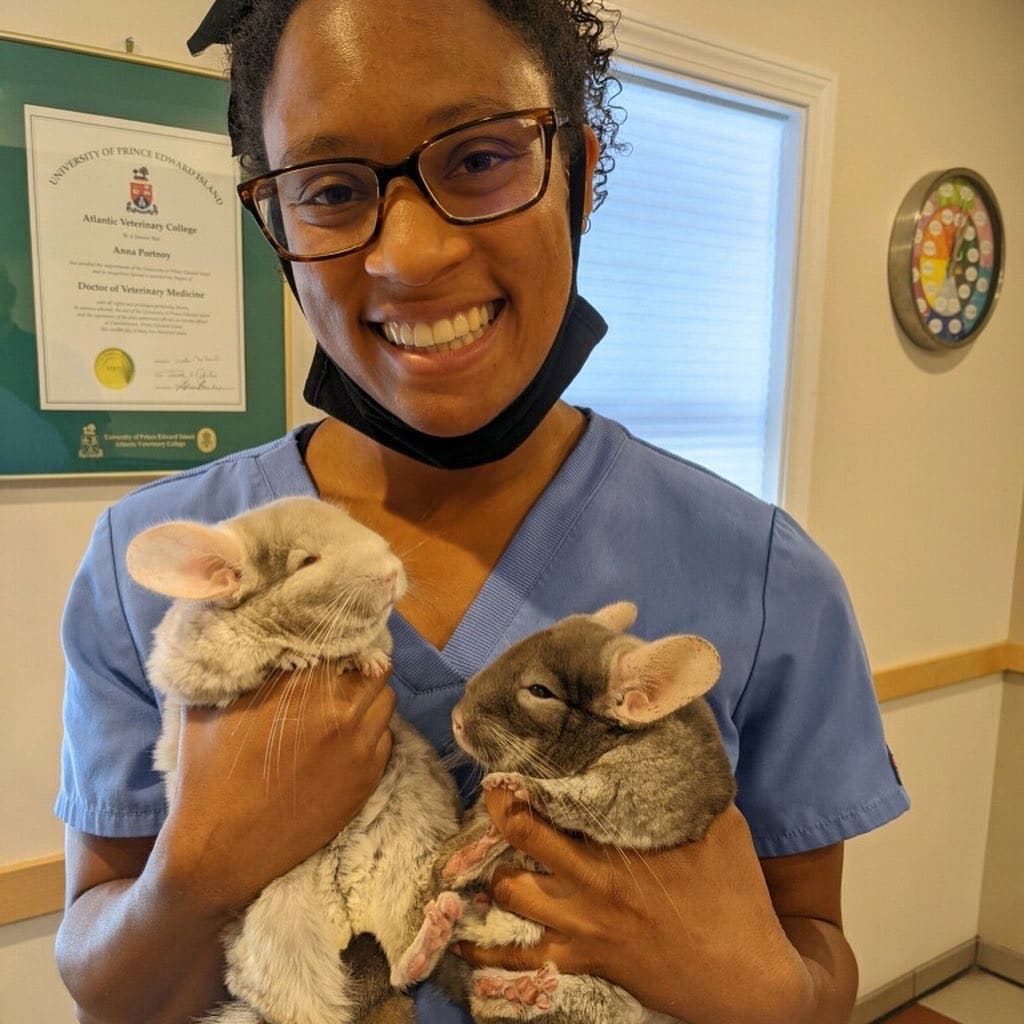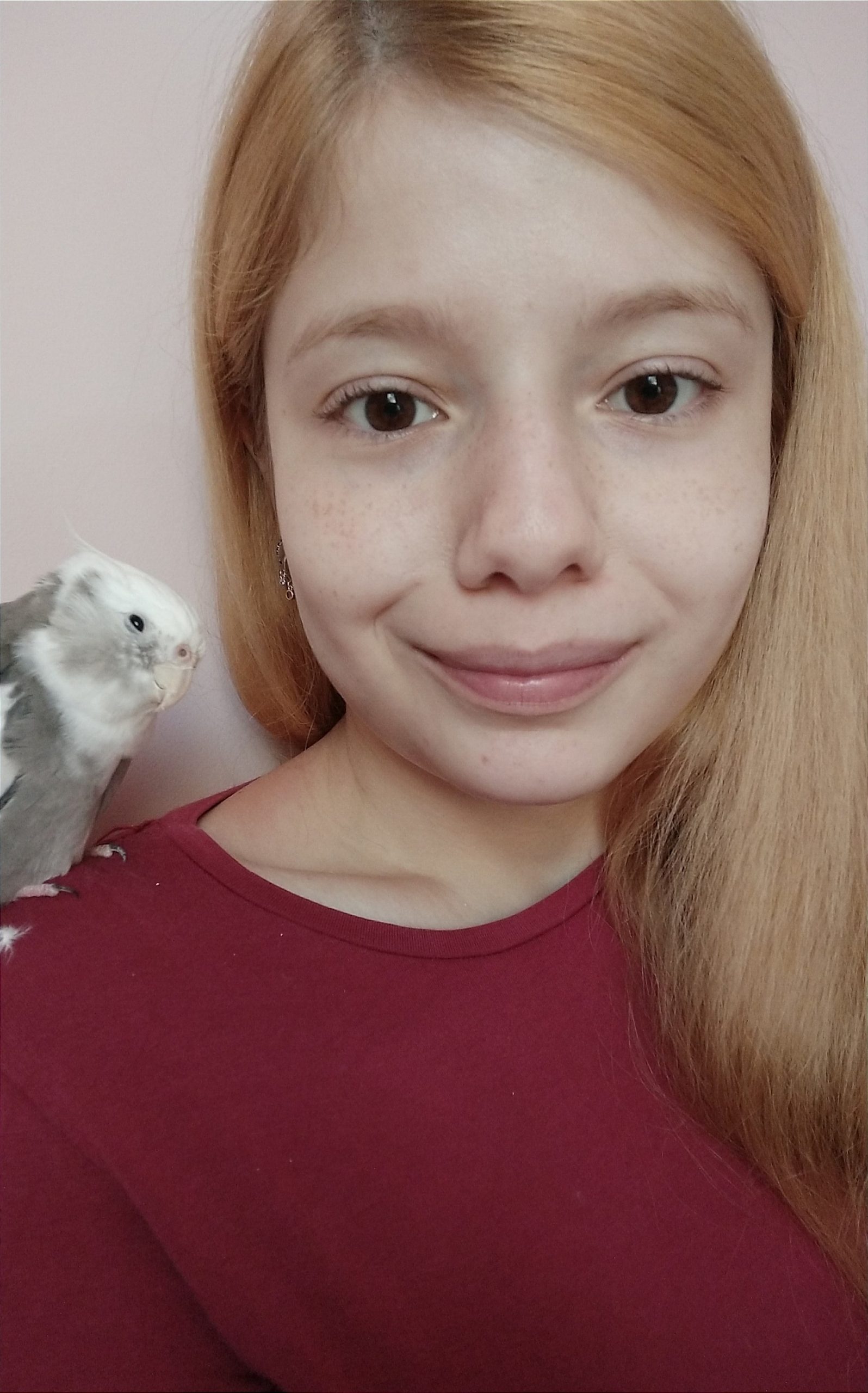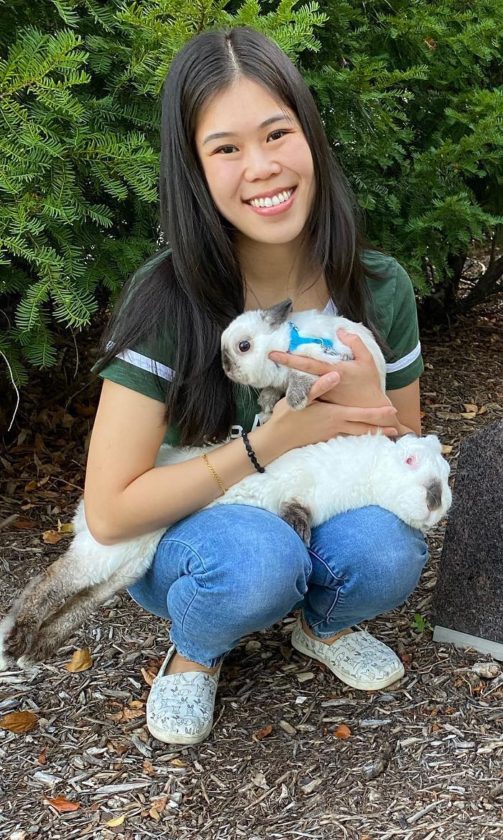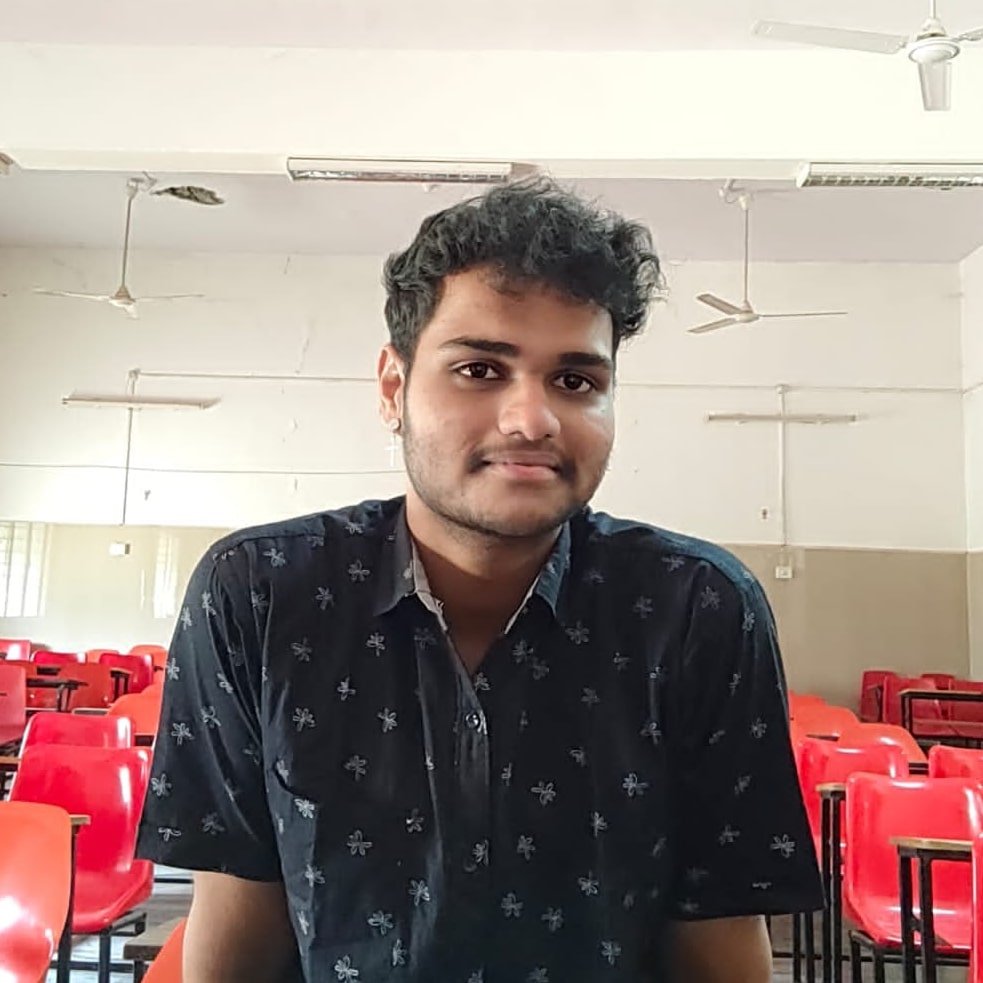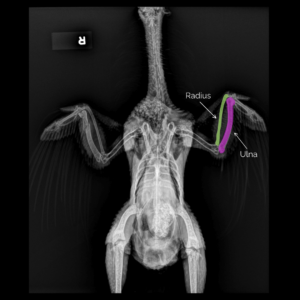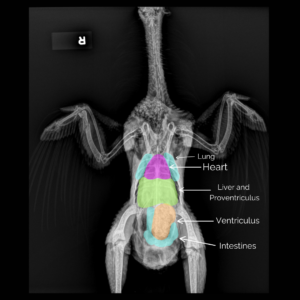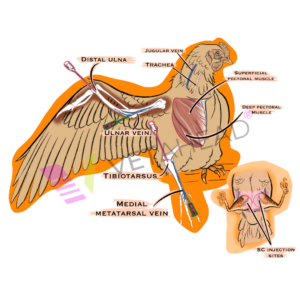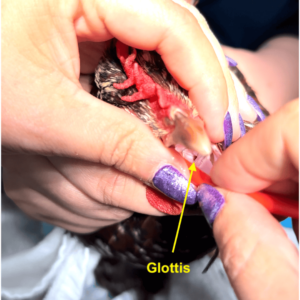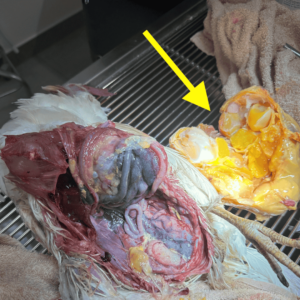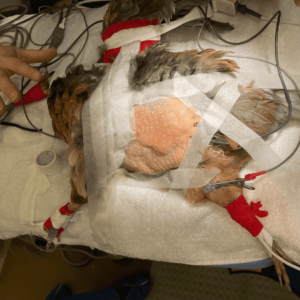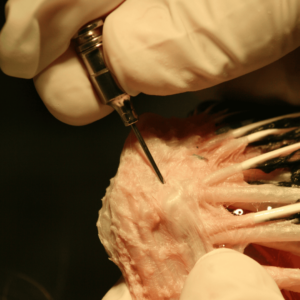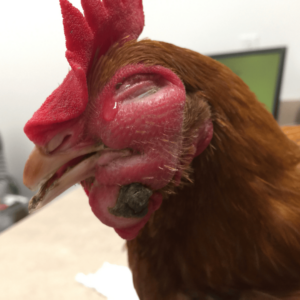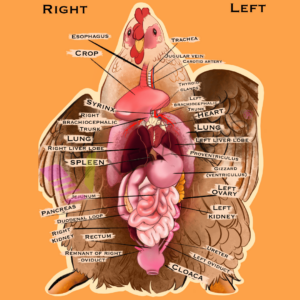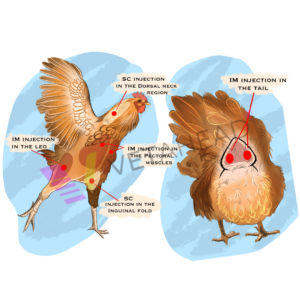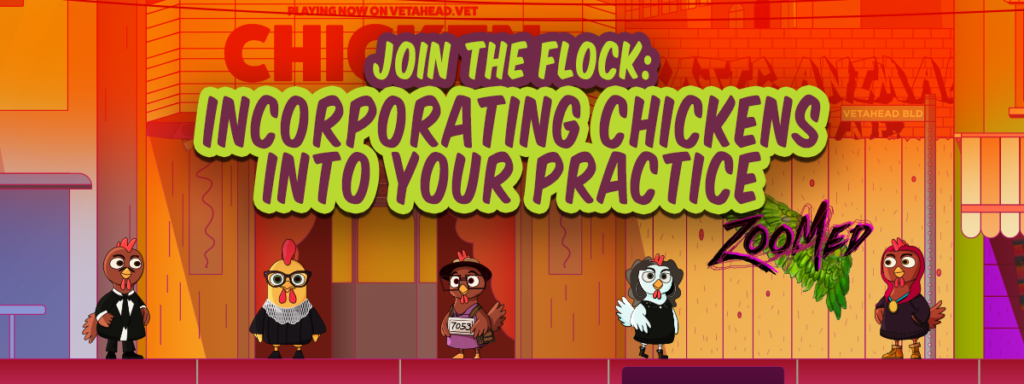
Get RACE approved CE credits* and learn about chickens medicine and surgery, from the comfort of your home!
COURSE OVERVIEW
This online professional training course will provide intensive lecture on a wide array of medicine, surgery, commonly performed techniques and procedures in chickens. The course is aimed at veterinarians (general practitioner) and veterinary paraprofessionals (technician, assistant, nurse) as well as students with a keen interest in chickens medicine and surgery.
The course will cover aspects of how to set up your practice, anatomy, husbandry, handling, clinical techniques, sedation, common diseases, diagnostic imaging, therapeutics, anesthesia, medicine and surgery, among other important topics.
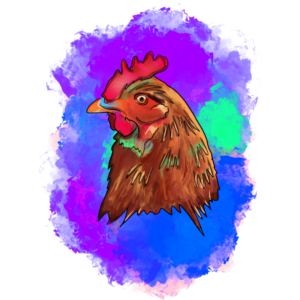
COURSE LESSONS
Focus on standards of care and profitability: What is the standard of care for chickens?
Profitability, is it really possible?
Set yourself up for success: Educate yourself. What books, journals, and professional meetings do you need? What equipment is really essential? Where can you get it?
Your team needs training too: From office staff to technicians, everybody needs to know what is unique about chickens.
Estimates: How much do I charge?
Poultry ambulatory practice: what to take and questions to ask.
Legislation: The essentials of what you should know to keep your license and business protected
Prohibited drugs: What you don’t know can hurt you.
Biosecurity: How to help your clients keep their flocks safe.
Egg safety and handling: resources for yourself and your clients.
Assuring egg quality: proper nutrition and reproductive organ health are essential for good quality eggs.
Nutrition: Whether the chickens are growing, laying, or being pets, learn to recommend a balanced diet no matter what
Housing: Whether you’re in a big city or a small town, chickens can be found!
Breeds: Silkie, Bantam, and Leghorn, oh my! Get to know chicken breeds!
Vaccines: There aren’t as many as you may think
Parasite control: The options and challenges to keep away the creepy-crawlies.
Wellness exams: Yes, chickens need them too!
Anatomy: Bird basics and all the features that are unique to chickens
Handling, restraint, and physical examination: How to do it properly, safely, and with confidence.
Clinical techniques: Injections, oral medications, blood collection, IV catheter placement, tube feeding, crop swabs.
Bandaging: All wrapped up with nowhere to go.
Blood work interpretation: Complete blood counts, biochemistries, and beyond.
Lab resources: We’ve done the heavy lifting for you.
Radiography: Is there anything in that coelom?
Ultrasound: It isn’t impossible to do, and you will identify many things!
CT scans: The 3D chicken!
Sedation and anesthesia: Practical protocols and monitoring techniques, plus emergency response
Analgesia: Pain free is the way to be!
All the big diseases: Chlamydiosis, infectious bronchitis, laryngotracheitis, mycoplasmosis, avian influenza, Newcastle’s disease, Marek’s disease, salmonellosis.
What’s covered: Most common respiratory diseases, diagnostics, and treatments.
What’s covered: Most common reproductive diseases, diagnostics, and treatments.
What’s covered: Most common gastrointestinal diseases, diagnostics, and treatments.
What’s covered: Most common dermatologic diseases, diagnostics, and treatments.
What’s covered: Most common musculoskeletal diseases, diagnostics, and treatments.
What’s covered: Care throughout life and euthanasia techniques; human-animal bond, chicken welfare.
What’s covered: Basic necropsy technique, where and how to send the samples.
Learn from Specialists: All our content is created by specialists who know ZooMed inside and out.
Save Time: Our resources are made to help you work smarter, not harder.
Connect with Others: Be part of a community that supports you every step of the way.
Grow Your Skills: Keep learning and improving with new content added every month.
The VETAHEAD Essential membership is for veterinary professionals worldwide. That includes veterinarians, veterinary technicians, veterinary nurses and assistants, veterinary students and veterinary tech students.
- On Demand video lessons
- Step by Step pictures and videos
- Beatiful designed E-books
- Exclusive medical illustrations
- Guides, handouts, resourses
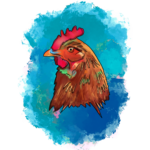
Release date July 8th
JOIN THE FLOCK! INCORPORATING CHICKENS IN YOUR PRACTICE
Focus on standards of care and profitability: What is the standard of care for chickens?
Profitability, is it really possible?
Set yourself up for success: Educate yourself. What books, journals, and professional meetings do you need? What equipment is really essential? Where can you get it?
Your team needs training too: From office staff to technicians, everybody needs to know what is unique about chickens.
Estimates: How much do I charge?
*Release date July 22
CHICKEN TRAVELS: MOBILE POULTRY SERVICE
Poultry ambulatory practice: what to take and questions to ask.
*Release date August 5th
NO FOWL PLAYS: CHICKEN LEGISLATION
Legislation: The essentials of what you should know to keep your license and business protected
Prohibited drugs: What you don’t know can hurt you.
Biosecurity: How to help your clients keep their flocks safe.
Egg safety and handling: resources for yourself and your clients
*Release date August 19
AN EGG IN AN EGG AND OTHER ABNORMALITIES: EGG QUALITY
Assuring egg quality: proper nutrition and reproductive organ health are essential for good quality eggs.
*Release date September 2nd
HAPPY CHICKENS: HUSBANDRY AND BREED BASICS
Nutrition: Whether the chickens are growing, laying, or being pets, learn to recommend a balanced diet no matter what.
Housing: Whether you’re in a big city or a small town, chickens can be found!
Breeds: Silkie, Bantam, and Leghorn, oh my!
Get to know chicken breeds!
*Release date September 16th
HEALTHY CHICKENS: PREVENTATIVE MEDICINE
Vaccines: There aren’t as many as you may think.
Parasite control: The options and challenges to keep away the creepy-crawlies.
Wellness exams: Yes, chickens need them too!
*Release date September 30th
BASIC COMPRE- “HEN”-SION: ANATOMY AND PHYSICAL EXAMINATION
Anatomy: Bird basics and all the features that are unique to chickens.
Handling, restraint, and physical examination: How to do it properly, safely, and with confidence.
*Release date October 14th
MORE THAN WINGING IT: CLINICAL TECHNIQUES
Clinical techniques: Injections, oral medications, blood collection, IV catheter placement, tube feeding, crop swabs.
Bandaging: All wrapped up with nowhere to go.
Blood work interpretation: Complete blood counts, biochemistries, and beyond.
Lab resources: We’ve done the heavy lifting for you
*Release date October 28th
DO YOU SEE WHAT I SEE?: DIAGNOSTIC IMAGING
Radiography: Is there anything in that coelom?
Ultrasound: It isn’t impossible to do, and you will identify many things!
CT scans: The 3D chicken
*Release date November 11th
SLEEPY CHICKENS: SEDATION, ANESTHESIA, AND ANALGESIA
Sedation and anesthesia: Practical protocols and monitoring techniques, plus emergency response.
Analgesia: Pain free is the way to be!
*Release date November 25th
GOVERNMENT “COOP”-ERATION: REPORTABLE DISEASES
All the big diseases: Chlamydiosis, infectious bronchitis, laryngotracheitis, mycoplasmosis, avian influenza, Newcastle’s disease, Marek’s disease, salmonellosis
*Release date December 9th
WE BE LUNG (AND AIR SAC) TOGETHER: RESPIRATORY DISEASES
What’s covered: Most common respiratory diseases, diagnostics, and treatments.
*Release date December 23
EX-SHELL-ENT EGGS AND MORE: REPRODUCTIVE DISEASES
What’s covered: Most common reproductive diseases, diagnostics, and treatments.
*Release date January 6th
IT TAKES GUTS: GASTROINTESTINAL DISEASE
What’s covered: Most common gastrointestinal diseases, diagnostics, and treatments.
*Release date January 20th
FEATHERS AND FEET: DERMATOLOGIC DISEASES
What’s covered: Most common dermatologic diseases, diagnostics, and treatments.
*Release date February 3rd
MUSCULOSKELETAL DISEASES
What’s covered: Most common musculoskeletal diseases, diagnostics, and treatments.
*Release date February 17th
NO SPRING CHICKEN: GERIATRIC CARE
What’s covered: Care throughout life and euthanasia techniques; human-animal bond, chicken welfare.
*Release date March 3rd
CHICKEN NECROPSY : THE INS AND OUTS
What’s covered: Basic necropsy technique, where and how to send the samples.
*These dates are estimates and may change.
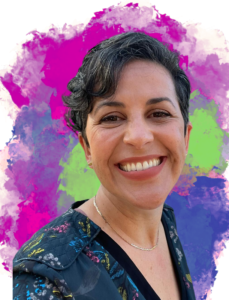
LAILA PROENÇA
MV, DVM, MS, PhD, DACZM
Dr. Laila Proença, a native of Brasília, Brazil, stands out as a preeminent figure in Zoological (exotic) Medicine, holding titles such as MV, MSc, PhD, DVM, DACZM. As the founder and CEO of VETAHEAD and PETAHEAD, she dedicates her expertise to revolutionizing veterinary and pet owner education concerning exotic animals. Her extensive qualifications and her role leading VETAHEAD highlight her commitment to enhancing veterinary care through comprehensive online courses and resources, aiming to close educational gaps in the care of non-traditional pets like birds, reptiles, and small mammals.
Beyond her professional training initiatives, Dr. Proença has also established PETAHEAD to support exotic pet owners directly, providing them with the necessary resources and guidance to ensure the wellbeing of their pets. Her efforts are geared towards empowering both the veterinary community and pet owners, making advanced care practices accessible and advocating for a no-species-left-behind approach. Dr. Proença’s influence extends across the global veterinary field as a speaker and author, inspiring continuous learning and improvement in veterinary care and pet ownership.
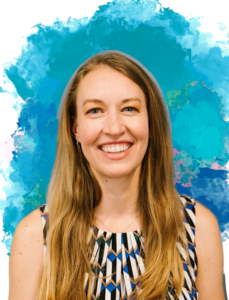
MIRANDA SADAR
DVM, DACZM
Dr. Miranda Sadar is a graduate of the Colorado State University’s College of Veterinary Medicine and Biomedical Sciences. After graduation, she completed a one-year clinical internship in zoological, zoological companion animal, and wildlife medicine at the Western College of Veterinary Medicine in Saskatoon, Saskatchewan. After finishing a two-year fellowship in wildlife medicine at the Wildlife Center of Virginia, she completed a zoological companion animal residency at the University of California, Davis. Dr. Sadar was an assistant professor at the Western College of Veterinary Medicine in their zoological medicine service for two years prior to moving back to Colorado State University as an assistant professor in the Avian, Exotics, and Zoological Medicine service.
In 2016, Dr. Sadar became a Diplomate of the American College of Zoological Medicine (ACZM), with a focus on zoological companion animals. Dr. Sadar’s research interests focus around minimally invasive modalities to decrease stress, both situational and painful stress, in zoological, zoological companion animal, and wildlife species.

JARRA JAGNE
DVM, DACPV
Originally from The Gambia, the smallest country on the African mainland, Dr Jagne has studied, lived and worked in the United States for almost 38 years. She holds a DVM (1990) from Cornell University and a BSc (Hons) in Biology from Colorado State University. She completed a two-year residency in Avian Diseases and Pathology at the University of Pennsylvania and is a Diplomate of the American College of Poultry Veterinarians (DACPV).
Dr Jagne has over 27 years of experience in poultry disease management and control. She spent four years working in the international development field on avian influenza control in poultry. She has worked for Development Alternatives Inc. (DAI), a consulting firm based in Bethesda, Maryland. She was the Senior Veterinary Advisor for STOP Avian Influenza (AI), a project administered by DAI and funded by the United States Agency for International Development (USAID). She co-authored several manuals on Poultry Farm Biosecurity and Disease Outbreak Response as part of the STOP AI project. Before joining the STOP AI project, she worked for a year as a Veterinary Diagnostician with the Food and Agriculture Organization (FAO) of the United Nations in Rome, Italy. Her work in poultry took her to many countries in Africa and South-East and Central Asia.
She also worked for seven years in the commercial poultry sector in the United States as a Technical Services Manager for ISA Babcock, a large poultry genetics company. Dr. Jagne served as the Northeast Representative to the National Poultry Improvement Plan (NPIP) General Conference Committee for a total of six years (2002-2005 and 2015-2018) and as the Chair for the Animal Welfare Committee for the American Association of Avian Pathologists (AAAP) from 2003-2006. She has given numerous presentations on poultry diseases to a variety of audiences and has consulted for several governments in West Africa.
Dr Jagne is passionate about poultry and enjoys outreach activities with veterinarians, veterinary students and poultry producers both big and small. She loves to travel, read, cook and discuss international politics with her husband and three adult children who also seem to have the travel bug. Her 17-month-old granddaughter Sona and her parents live in Portugal.

JUDILEE MARROW
DVM, DACZM
Dr. Judilee Marrow received her DVM from the University of Illinois Campaign-Urbana. She then completed an internship in small animal medicine and surgery at VCA Aurora and Berwyn Animal Hospitals in the Chicago area, followed by an internship in zoo, exotic companion and wildlife at Kansas State University. She completed a residency in zoological medicine at the Smithsonian’s National Zoo in Washington DC and became a diplomate of the American College of Zoological Medicine in 2015. She works currently at the Houston Zoo as a staff veterinarian.

VALERIE MARCANO
DVM, PHD, DACPV
Dr. Valerie Marcano is an international speaker published in multiple peer-reviewed journals as well as an entrepreneur advocating for health and belonging in veterinary medicine.
Dr. Marcano is a diplomat of the American College of Poultry Veterinarians (ACPV). She graduated in 2020 from the University of Georgia College of Veterinary Medicine’s Veterinary Medical Scientist Training Program with her veterinary (DVM) and PhD degrees. Prior to that, Dr. Marcano completed a Bachelor of Science with Distinction in Research at Cornell University in 2012. Dr. Marcano has worked at Cornell University College of Veterinary Medicine, Southeast Poultry Research Laboratory (ARS, USDA), University of Georgia’s Poultry Diagnostic & Research Center, National Poultry Improvement Plan (NPIP, APHIS, USDA) and Elanco Animal Health.
In 2020, Dr. Marcano co-founded the 501(c)3 nonprofit Pawsibilities Vet Med and in 2022 she founded ValCri Consulting LLC. Pawsibilities Vet Med is a nonprofit that aims to increase recruitment and retention of individuals from underrepresented and marginalized communities to the veterinary profession. ValCri Consulting LLC is a firm offering consultaions in poultry health as well as diversity and belonging. Dr. Marcano is the chair of the Diversity and Inclusion Committee of the American Association of Avian Pathologists (AAAP) and a member of the Commission for a Diverse, Equitable, and Inclusive Veterinary Profession of the American Veterinary Medical Association (AVMA) and the Association of American Veterinary Medical Colleges (AAVMC). Dr. Marcano has been featured in numerous articles and podcasts and has presented over fourty seminars on infectious diseases or poultry, inclusive mentorship and diversity, equity, inclusion and belonging. Dr. Marcano enjoys travelling, hiking and biking with her husband, Dr. Seth Andrews, as well as napping, playing the drums and cuddling her menagerie of creatures.
SEE WHAT OUR STUDENTS HAVE TO SAY ABOUT IT!
